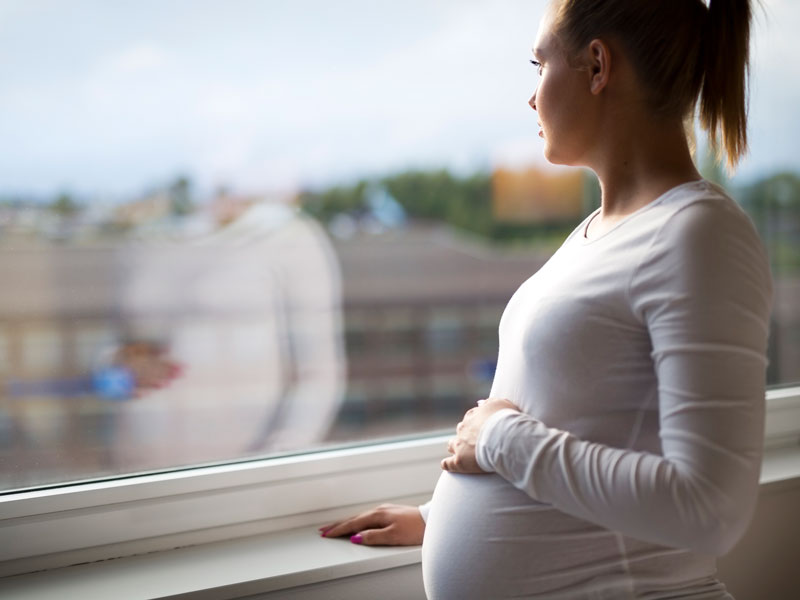The coronavirus pandemic is adding to the mood issues that many pregnant women and new moms experience, according to a new study.
“Safety and fear is increased with parenthood, and the pandemic has, and can, expand and intensify normal fears,” according to Karla Salem, CSW-PIP. Salem is a Sanford Health certified social worker who specializes in women’s mental health.
Researchers of a new study say 1 in 7 women experience anxiety or depression immediately before or after giving birth. The pandemic has made it even worse.
“The social and physical isolation measures that are critically needed to reduce the spread of the virus are taking a toll on the physical and mental health of many of us,” said study co-author Margie Davenport, an associate professor of kinesiology, sport and recreation at the University of Alberta in Edmonton, Canada.
Breaking down the numbers
The study included 900 women — 520 who were pregnant and 380 who’d given birth in the past year. They were asked about their depression and anxiety before and during the pandemic and its accompanying isolation.
Before the pandemic, 29% had moderate to high anxiety and 15% reported symptoms of depression. During the pandemic, those rates increased to 72% and 41%, respectively.
The women were also asked about their exercise habits. Researchers wanted to know if lack of access to gyms during the pandemic and reduced physical activity were taking a toll, because exercise can help ease depression.
Sixty-four percent of women said they were getting less physical activity now, while 15% were doing more and 21% had no change in activity. Women who were getting at least 150 minutes of moderate physical activity each week had significantly lower symptoms of depression and anxiety, the study found.
The findings were recently published in the journal Frontiers in Global Women’s Health.
Impact on new moms
“All women experience some type of postpartum emotional response continuum,” Salem said. “The degree is impacted by both biologic history and social directions or situations.”
The research shows depression and anxiety during pregnancy and postpartum can have detrimental effects on the mental and physical health of mom and baby that can persist for years. Those effects can include premature delivery, reduced mother-infant bonding and developmental delays in infants.
“Many coping strategies that typically help to manage emotions are physically limited due to pregnancy and postpartum and socially limited by the pandemic,” Salem said.
Davenport said it is important to highlight the impact of isolation on the mental health of pregnant women and new moms because increased awareness makes diagnosis and treatment of anxiety and depression more likely.
What you can do
Salem says there are a few things to help cope with the added stress and anxiety during a pandemic:
- Identify and use your resources
- Ask for scheduled help
- Share parenting with your partner
- Reclaim a little bit of yourself by doing something “normal” without distractions
- Use adaptations to meet your needs
If you’re looking for additional guidance, reach out to Sanford’s Behavioral Health specialists.
Read more
…
Posted In Behavioral Health, COVID-19, Parenting, Pregnancy, Specialty Care, Wellness, Women's
